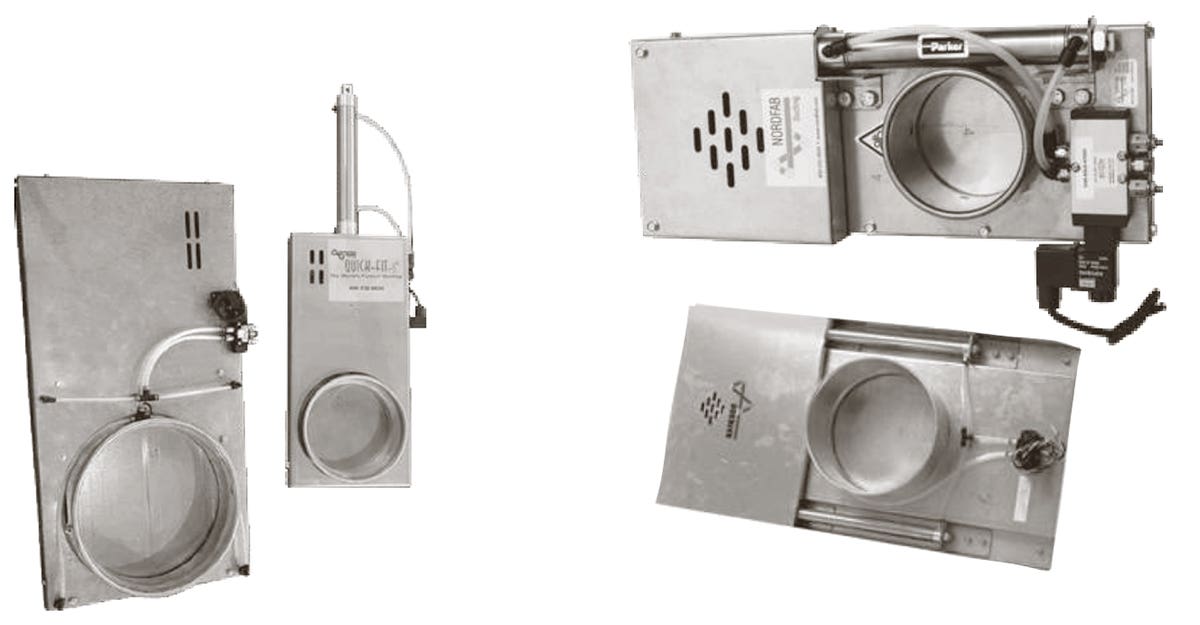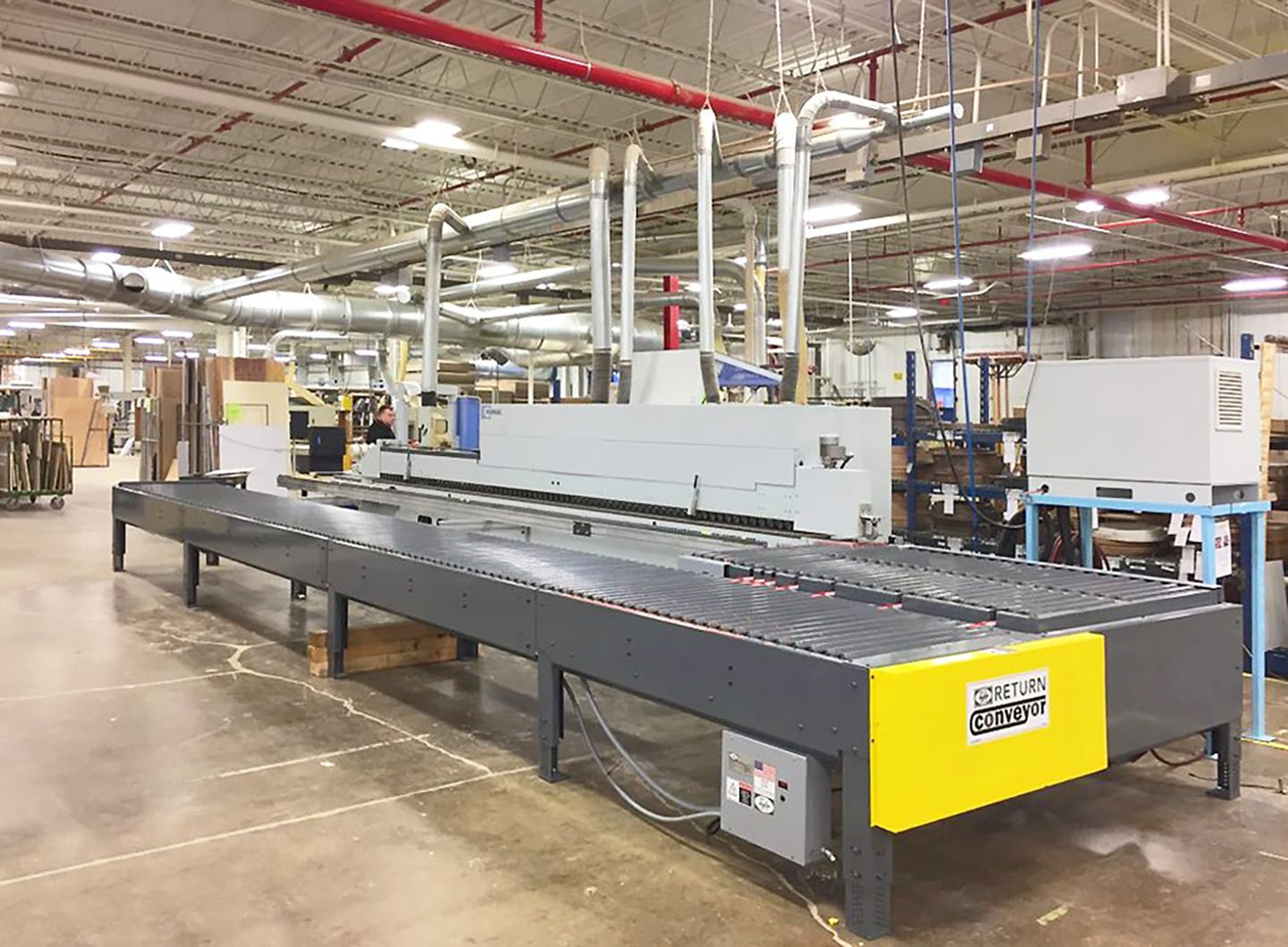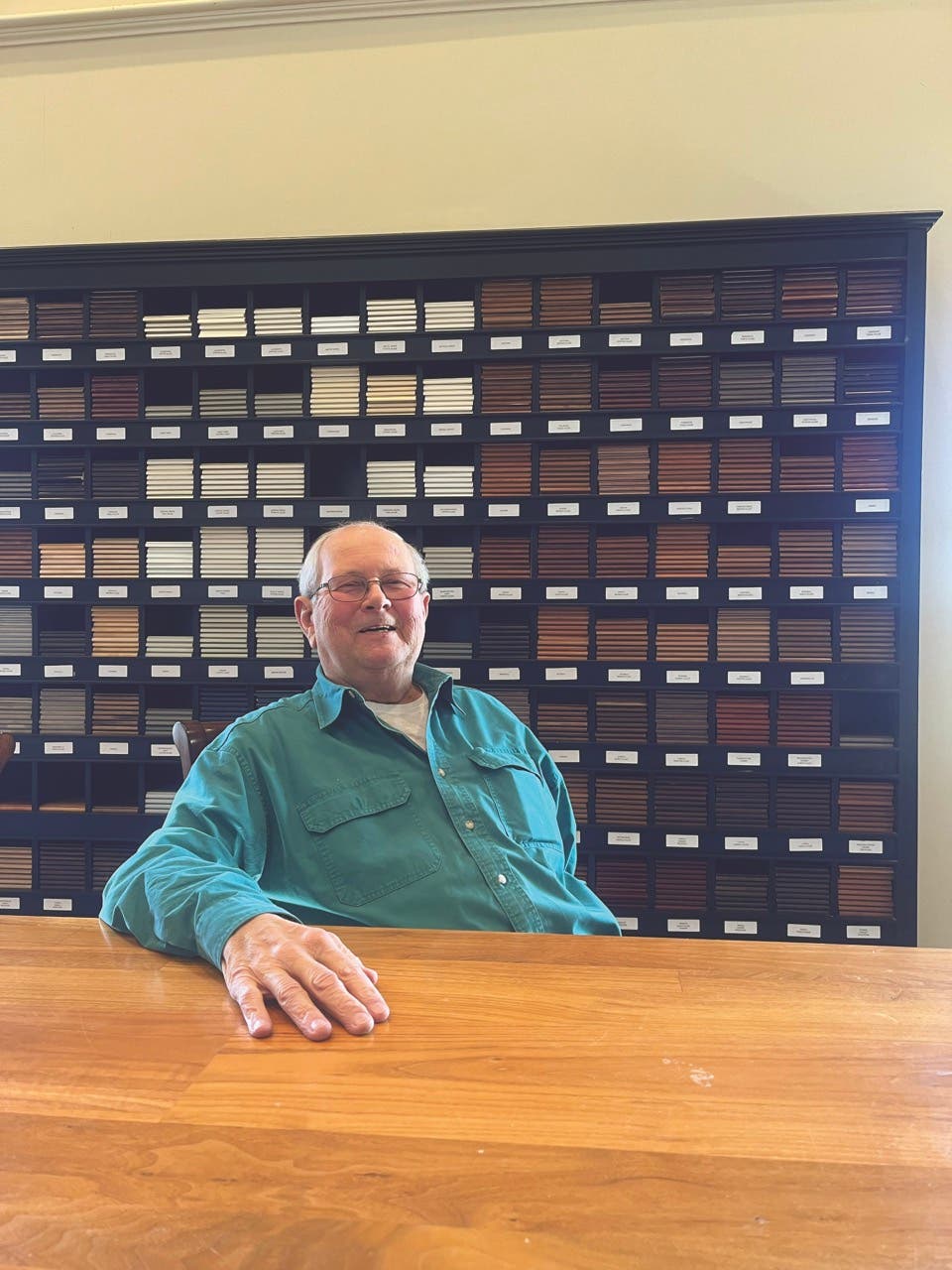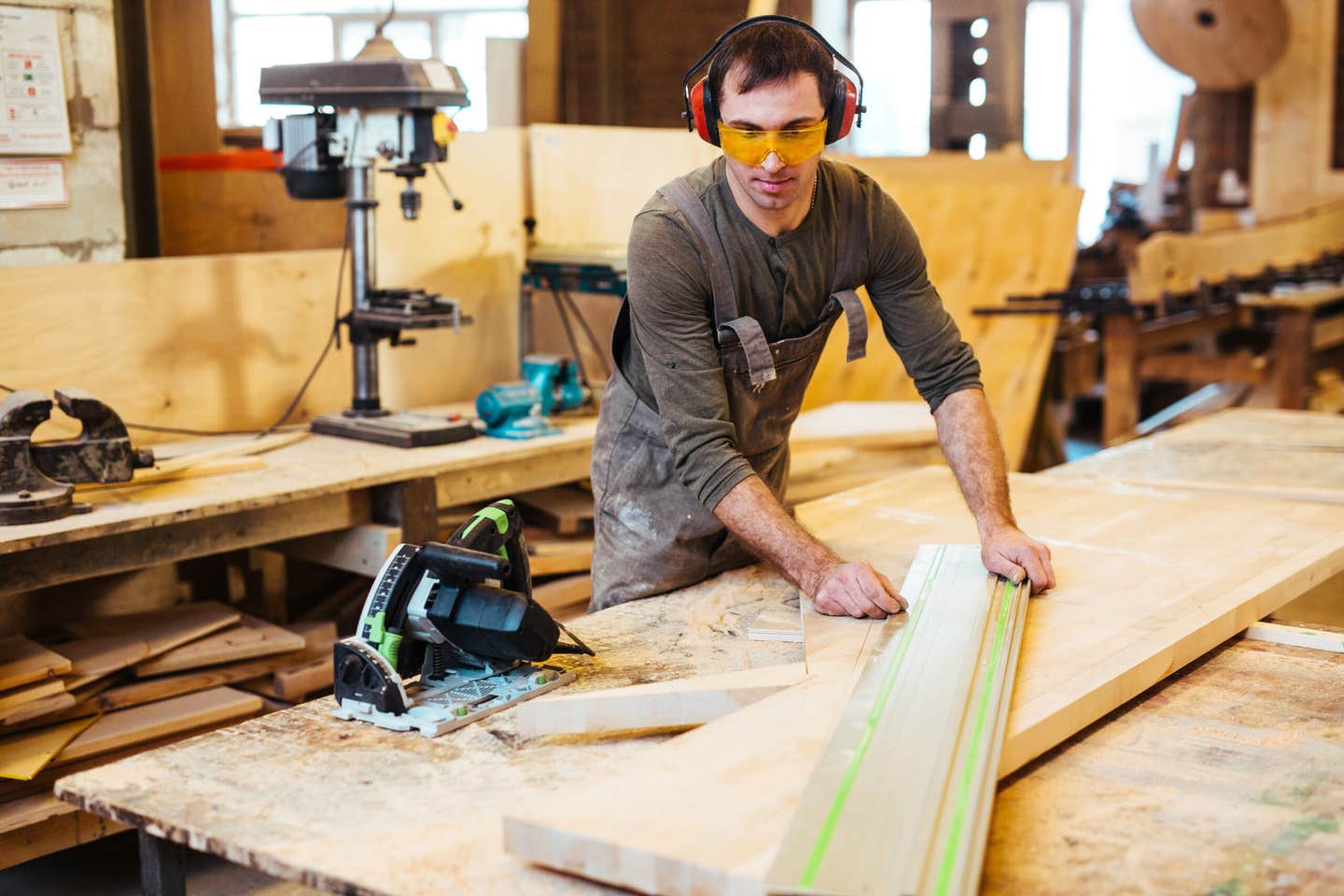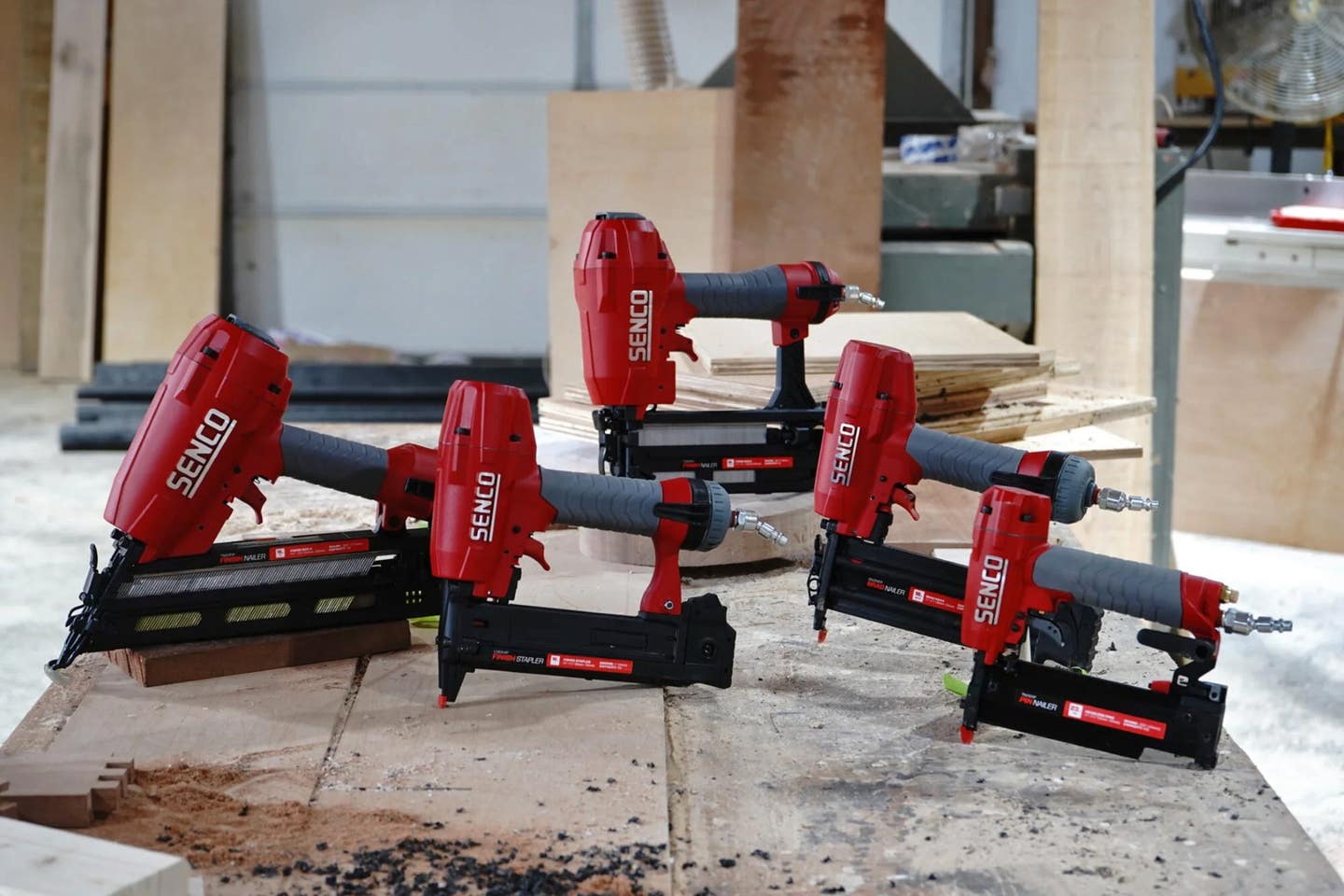All the right moves
Suppose you have a cabinet shop in, say, the upper Midwest, and you’re looking to relocate.
Suppose you have a cabinet shop in, say, the upper Midwest, and you’re looking to relocate. Warmer weather would be nice, but so would proximity to a big city (San Francisco), state capital (Sacramento) and vacation destination (Lake Tahoe). If you’re a member of the Feist family, the correct response is pack up the machines and let’s go.
Feist Cabinets & Woodworks moved from North Dakota to Elk Grove, Calif., in 1987 and hasn’t looked back.
“We left North Dakota to get away from the winters,” says general manager Barbara Feist, one of four Feists involved with the business. “Also, the economy was booming out here. So, we had warmer weather to look forward to, relatives in the area, and better business opportunities. That’s all proven true and our children thank us for having moved out here.
“We do a lot of work in the Bay region. There are lots of contractors bringing repeat work. The competition is not bad because I think our price point in Sacramento Valley is less expensive. Also, those contractors are super busy, and we are happy to do the work. We have a good relationship with them.”
While the cabinet shop focuses on kitchens, bathrooms, wine cellars and more in private residences, plus some commercial projects, there is another entity to it called the Closet Factory, a franchise that handles custom closets and storage systems.
Randy the ring leader
Five Feists started the business and “now we’re down to four because a brother bought a cousin out,” explains Barbara, wife of company president Randall (Randy) Feist. Randy’s brothers, Charles and David Feist, are vice presidents.
Barbara says Randy was always enthusiastic about becoming a shop owner and a key player in the move. “Randy drove out here in his pickup truck with a trailer and a few tools. He rented a storefront and started meeting people,” she recalls.
“We grew to add a number of employees, but the economy went up and down in those years. During that time this area was growing too, so we were able to hook up with some track builders and had contracts with several contractors building cabinets and other parts of the home. We had a team of installers too that did just that. It was a big part of our business in the early ’90s.”
By 1991, the company had about 15 employees and built its current 20,000-sq.-ft. shop and showroom. There are now nearly 40 employees.
The shop’s sustained growth is attributed to offering custom cabinet packages in different wood species, price points and several finishes.
“We’re getting a lot of people right now that want something more contemporary with flat-faced panel doors. We see lots more paint than stain, and lots of white and gray,” says Barbara.
“The trends move on through here, though. Now people like the gray/brown look of walnut, and a lot of them are doing two different colors in their kitchen. A lot of them are mixing shades, choosing white or gray cabinets with a dark walnut island. They’re really getting creative. Some of the things they see online on sites like Houzz.”
Shop tours help
Business fell by about 40 percent after the Great Recession. Commercial work kept the company afloat.
“It does ebb and flow a little bit, but we have a lot of repeat customers that bring us work all the time. We find that summer and fall can be crunch time, and it’s a little quiet in January and February. We don’t get all the bids even with some regulars, but we do get enough to keep busy.”
As part of treating clients as best they can, the company always asks new prospects to visit the facility before price is discussed.
“We like people to come here, take a look at the shop, look at the process and the quality of work. So, if our price is a little higher, the customer has seen why. It’s a little tough if someone just sends plans and they’re trying to compare us to somebody else just based on the bottom line.”
The shop runs two CNCs, a nested base router for machining panels and a point-to-point for cutting components. There’s a plan to add a third CNC for Closet Factory jobs.
Another easy decision
A Closet Factory franchise was purchased in 2013 and employs eight designers and installers.
“We were solicited by them at the tail end of the downturn and checked into it. We thought, ‘hey, same equipment, same employees, why not?’
“They have an idea of who they’re looking for. They’re looking for a family business, and not something huge with too many people because they may then overlook this little franchise and not grow it. They checked us out and we all said, ‘okay.’”
The Feists have an exclusive territory of seven counties. When a call comes in for a mudroom or master closet, for example, a designer puts an estimate together. Once the customer signs, the shop builds, delivers and installs in about six weeks.
While the cabinet shop is certainly capable of building closets, Barbara Feist says being part of a franchise has its advantages.
“The Closet Factory has standards for manufacturing, design and pricing, and helps with marketing and training designers. They back you up,” she says. “Plus, being in a franchise group we can talk to the others in forums or by phone. It’s not competitive since we’re in all different territories.”
The Feists figure they can finagle more out their business relationship with the Closet Factory.
“We want to sell the market and we should be able to double where we’re at in the next five years. We’ve only been at it five years but that would be awesome, and if more people move (to Northern California) we could probably do better than that.”
Contact: Feist Cabinets & Woodworks, 9930 Kent St., Elk Grove, CA 95624. Tel: 916-686-8230. www.feistcabinets.com
This article originally appeared in the October 2018 issue.



